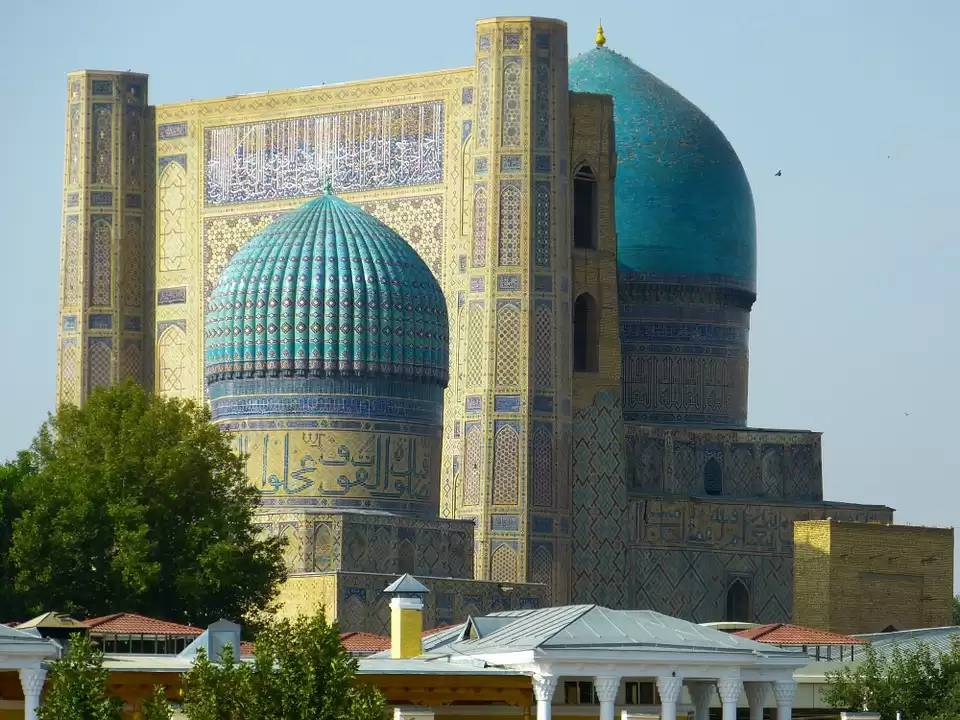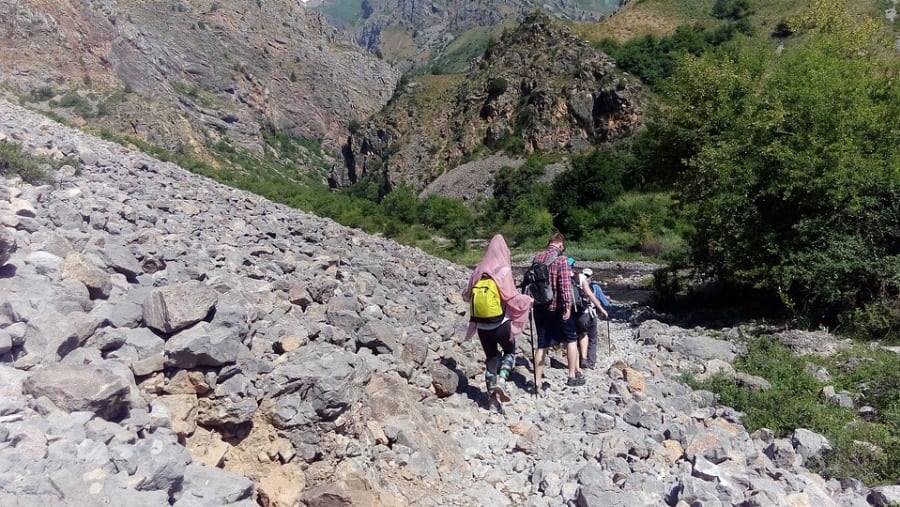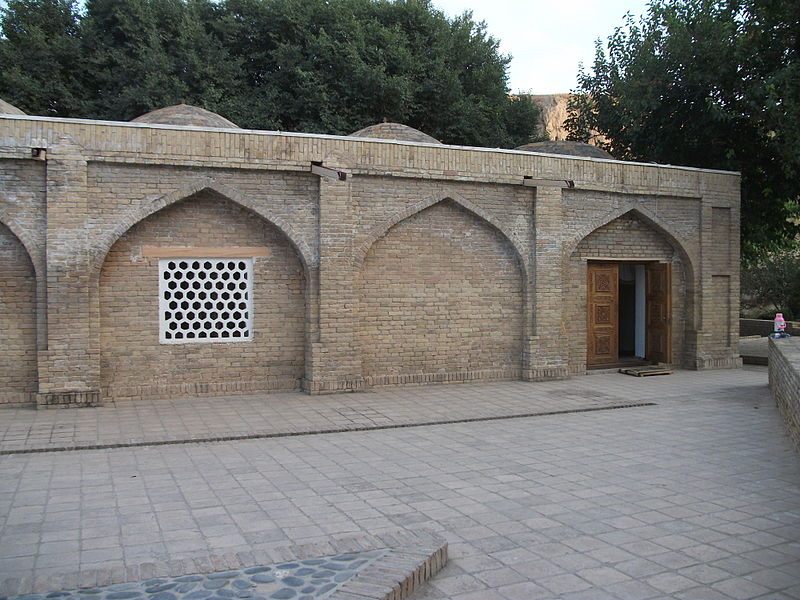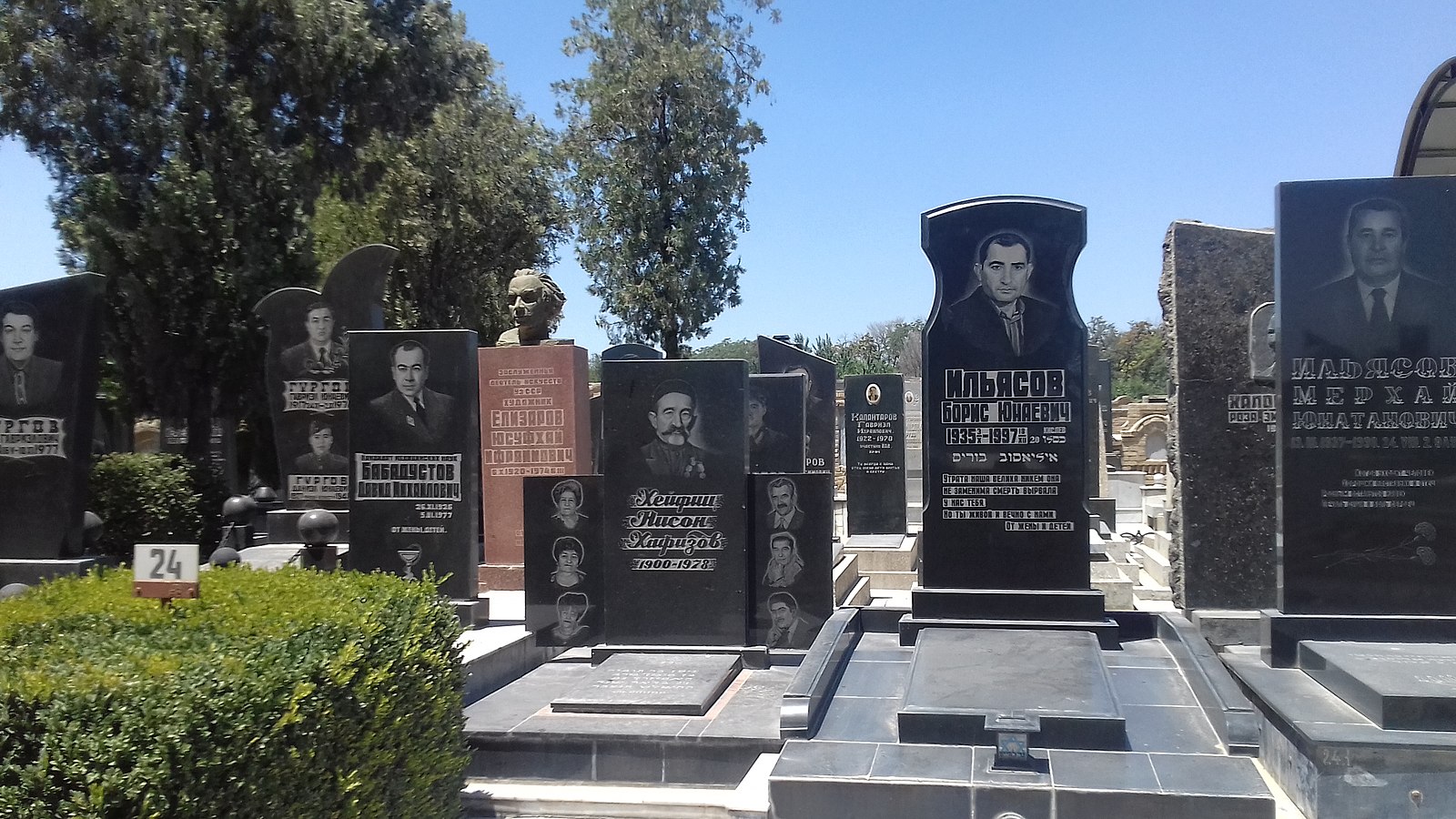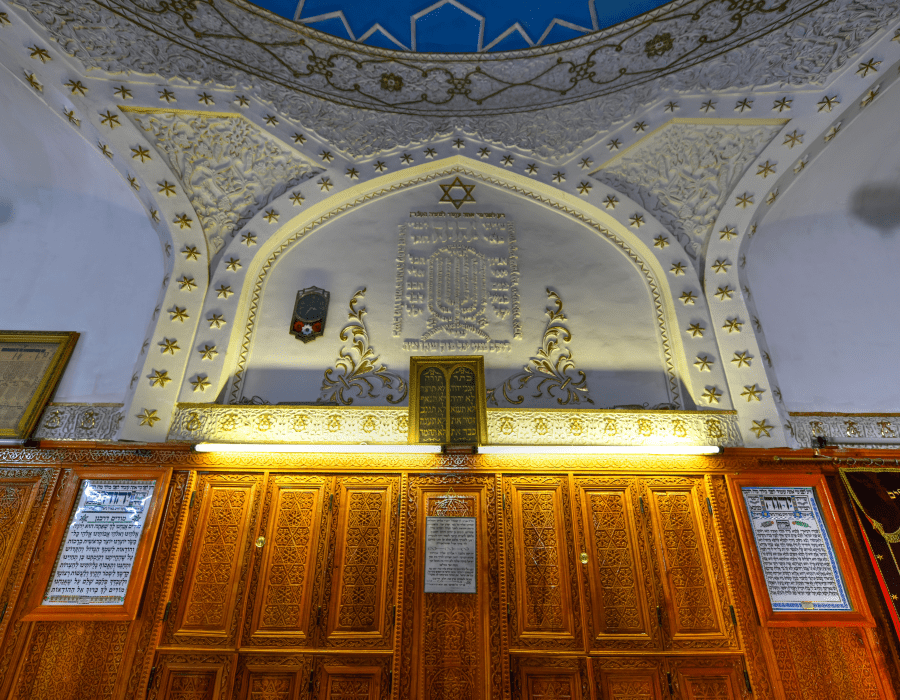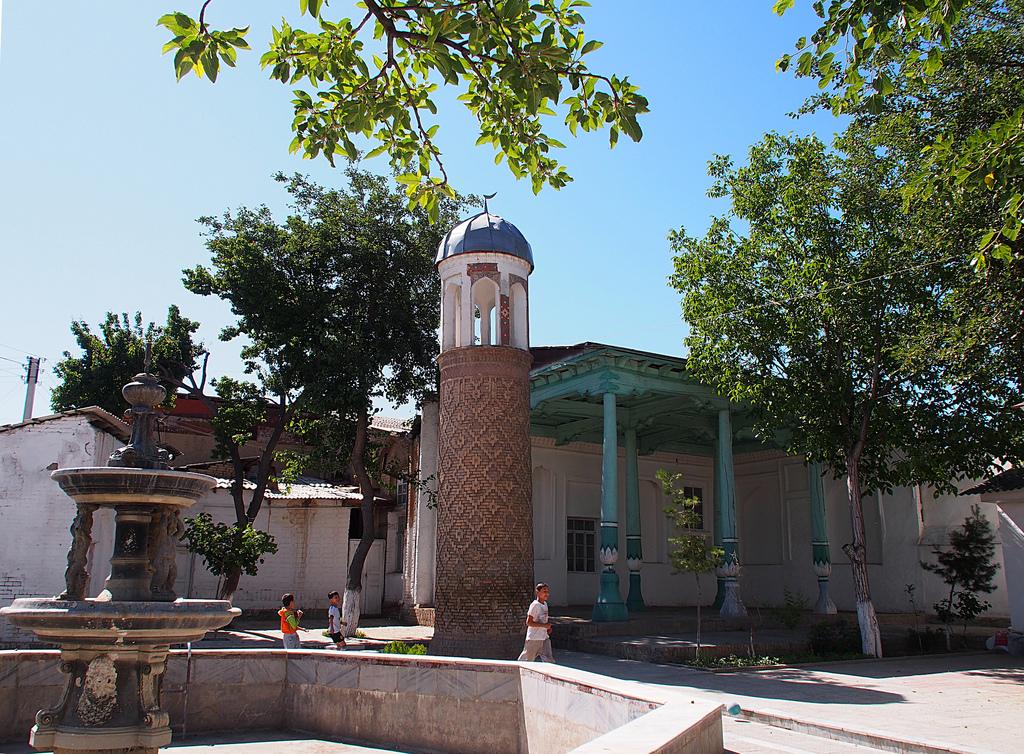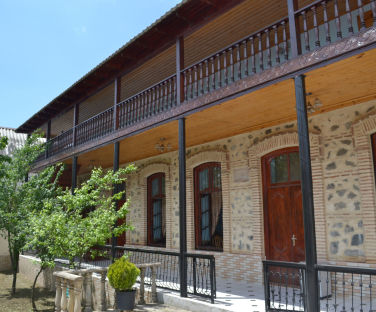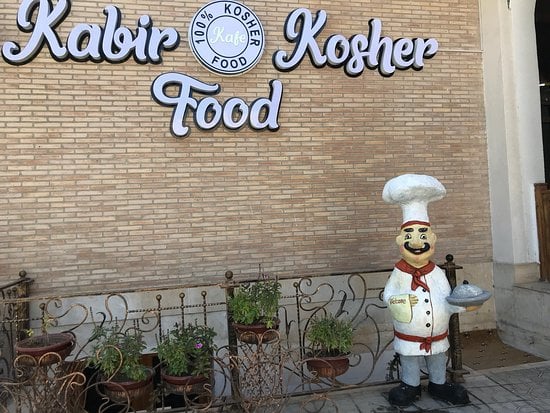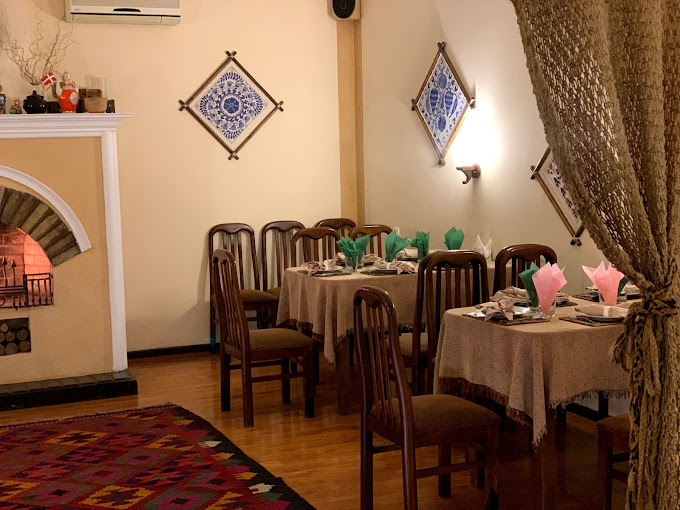As a professional Tour Guide, Driver, and Tour Operator I have been accompanying travelers in Uzbekistan since 2006. I have been to every corner of my country and my experience as a tour guide helps me better understand the interests and needs of my customers and create unforgettable trips for each traveler. Based on your interests my tours can be Cultural or Immersion trips, Hiking in the mountains or Camel Riding in the desert, Adventure or Spiritual Tours.
I am an adventurer, a passionate historian and I will plan each step of your trip together with you and will accompany you during your stay providing customized trips around Uzbekistan. I offer real experiences, not just activities.
Archives: Directory listings
Directory listings
Inom Isroilov
His goal is to show tourists the rich culture, history, cuisine, and creative potential the people of Uzbekistan. He mainly offers active tours but also organizes mixed one which combine active and cultural tours
Tomb of Daniel at Samarkand
Five domes adorn the long structure that holds an 18m long sarcophagus, reputedly holding the remains of the Old Testament prophet Daniel, revered by Muslims, Jews and Christians alike – although only Christians regard him as a prophet.
This is not the only place that claims to be the final resting place of Daniel. The most widely accepted of these places is in Susa, Iran. Even beyond Uzbekistan and Iran, a couple of cities in Iraq also lay claim to be the final resting place of Daniel – which, since the Bible places Daniel in Babylon, in modern day Iraq, at the time of his death, is not too far-fetched either.
Samarkand seems to be the odd one among the places, that argue to be the real final resting place of Daniel. As legend has it, Timur (Tamerlane) tried to conquer modern day Syria, but successively failed – apparently because the body of Daniel was preventing his success. When he finally succeeded, it is claimed, that he ordered the body to be buried at Samarkand for good luck.
Immediately after he was buried, a natural spring started to sprout, which, naturally, is regarded to have healing powers. But local lore goes even further, stating that the body of Daniel was continually growing at a rate of around 5cm a year. If this was true, the body of Daniel would by now have a length of more than 125m, rather than “just“ 18m, since he died approximately 2500 years ago. However the truth behind the corpse’s growth is that Timur was paranoid about grave robbers and extended the grave to make it harder for potential robbers to pillage the bones.
Samarkand Jewish Cemetery
The Jewish cemetery in Samarkand is a well-kept cultural site with a long and fascinating history. You can search all graves on an organized website and find the beautifully engraged tombstones that take you through a journey of the local community.
Image attribution:
Akhemen, CC BY-SA 4.0
Gumbaz Synagogue
The Gumbaz Synagogue is the only Jewish landmark in the city, and it dates back to the end of the nineteenth century, specifically to the year 1891. This Jewish landmark is characterized by being influenced by the Islamic architecture surrounding it, and added wonderful decorations and mosaics on its walls and domes, and made the merging of European and Islamic details of the building a matter. Very unique and an important tourist attraction. Visitors to the synagogue will also find pictures of former rabbis, Stars of David, carved doors, and much more. Learn more.
Image attribution:
Adam Jones from Kelowna, BC, Canada, CC BY-SA 2.0
Demerzel 21 from Getty Images
Samarkand Jewish Quarter
Over the last few years, city planners have completely redesigned Samarkand to seal off older sections of town from tourists’ view. Roads have been rerouted, and statues of Navoi, Gorky, Gagarin and others have disappeared or been relocated. Hideous walls have been erected around Gur-e-Amir and behind the Registan, and virtually all access points between the old town and touristy Tashkent and Registan streets have been closed off.
Plucky travellers who do manage to find their way into the old town will be rewarded with an authentic slice of mahalla (neighbourhood) life. The most interesting neighbourhood is the old Jewish Quarter, accessible by a gate off Tashkent kochasi. From the gate, walk east along the main lane, Abu Laiz Samarkandi, and find the gloriously faded Koroboy Oksokol Mosque down an alley on your right. Continuing along Abu Laiz Samarkandi, pass the diminutive Mubarak Mosque on your left and proceed to the neighbourhood Hammomi. Take a left on unmarked Denau kochasi opposite the hammomi and look for a working 19th-century synagogue a few houses down on the left. Hidden in the back alleys this is Samarkand’s main synagogue, built in 1891 by millionaire trader Abraham Kolontarov. Of an original population of 20,000 to 30,000, only around 40 Jewish families remain in Samarkand, worshipping in this well-maintained courtyard. The decoration is Central Asian with a twist. Photos of rabbis decorate the walls, menoras enliven the metal gutters and a Star of David anchors the ceilings.
Image attribution:
Adam Jones from Kelowna, BC, Canada, CC BY-SA 2.0
Organized trip to Azerbaijan
Azerbaijan, which markets itself to tourists as the “Land of Fire”, is a tangle of contradictions and contradictions. at the seam between Europe and Asia. A country of dusty desert in the shadow of the Caspian Sea and at the foot of the Caucasus Mountains. The cordial hospitality and the flavors of the local cuisine will put a smile on the face of every traveler in Azerbaijan. A comprehensive trip that includes: a full program from morning to evening (except for flight days), according to the trip plan.
Enjoy a day trip toJewish sites in Oguz
Oguz in north-west Azerbaijan was historically one of the main Jewish settlements in the country whose Jewish population peaked in 1930-1933 at 2,000-2,500 residents. A unique community formed here of Jews and Muslims living together harmoniously, sharing holidays and traditions. While many left following the fall of the USSR, still some members of this community remain, with several Jewish-style houses (featuring Jewish ornaments and often facing towards Jerusalem) and two synagogues and cemeteries offering a window into the town’s Jewish past. The synagogues are named simply the Upper and the Lower due to their location in the town. The Lower Synagogue was built in 1849 and was the first synagogue in Oghuz, while the Upper Synagogue was built in 1897 and, completely restored in 2006, is visited every Friday and Saturday by Oghuz’s remaining Jewish population for prayers.
Kabir Kosher Food
Located in Kabir Hotel in Bukhara, the restaurant offers a variety of traditional Middle Eastern and kosher food.
Old City
Central Asian Cuisine. one of the most famous halal oriental restaurants in the city. It prepares its dishes using the best fresh ingredients and authentic oriental methods. Among the dishes offered by the restaurant there are chicken with cashews, kebabs, goat meat with honey and walnuts, and others. This restaurant is also characterized by its beautiful decorations that make the environment of the place comfortable and suitable for meetings with friends and families.
